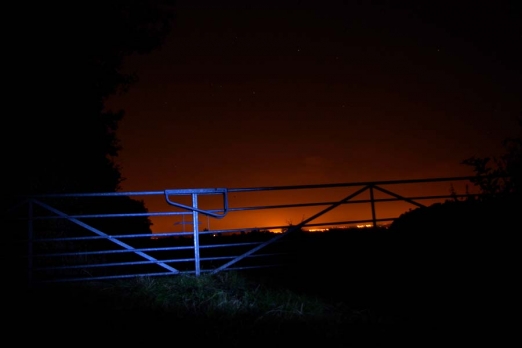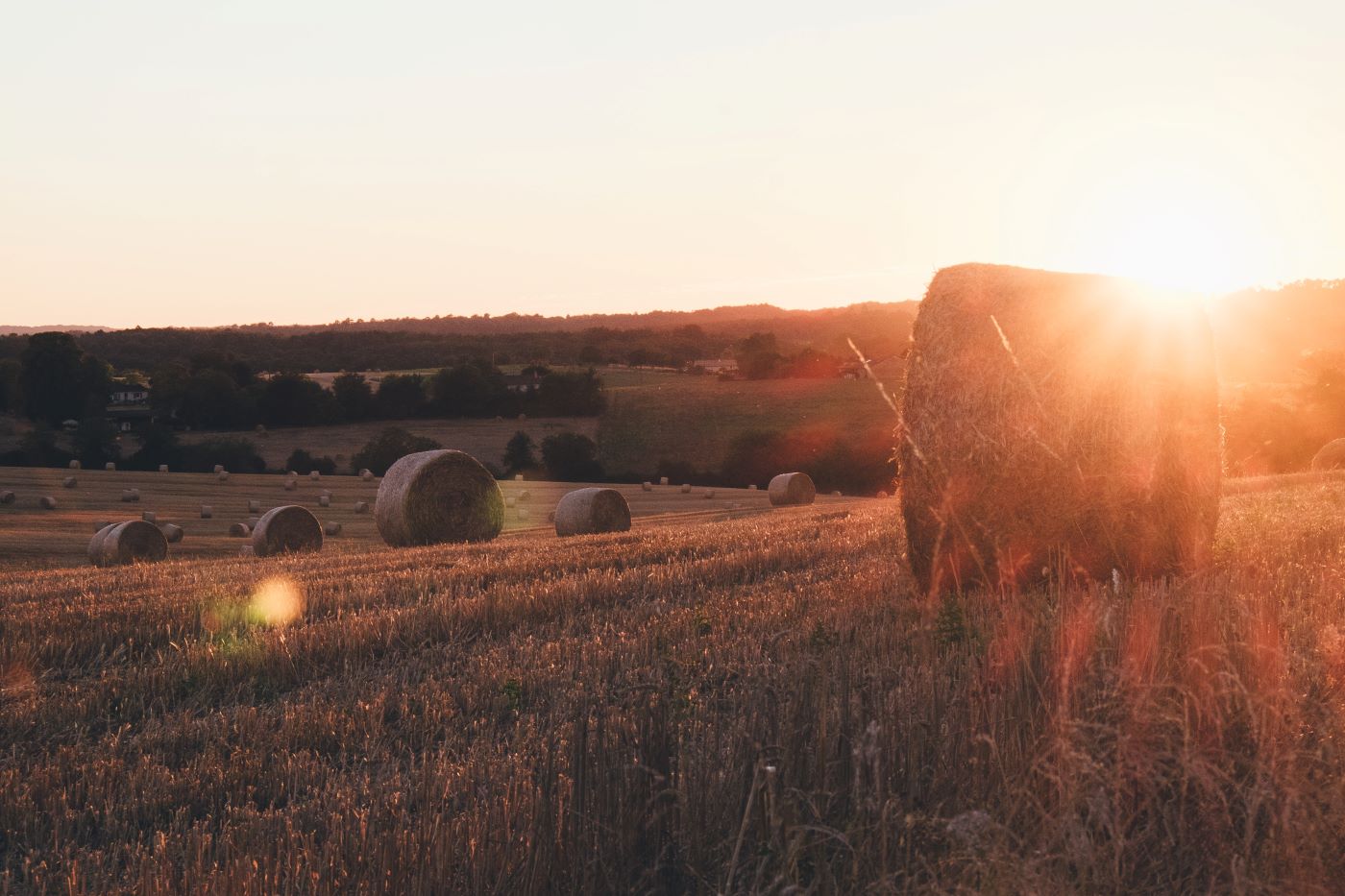There is increasing awareness of the impact that light pollution can have on wildlife, by interrupting natural rhythms including migration, reproduction and feeding patterns. Man-made light is known to cause confusion to migrating birds, often with fatal outcomes, and many of us will have heard birds singing late into the night in trees lit by a streetlight.
A survey1 by CPRE found that light pollution can cause a great deal of distress to humans too, including disrupted sleep, and in some cases can result in people moving house to get away from light pollution. Recent studies2 suggest that exposure to light at night can disrupt the body's production of melatonin, a brain hormone best known for its daily role in resetting the body's biological clock.
So what can be done? Our Shedding Light survey showed that many local authorities are taking a positive approach to managing lighting in their areas, be this through local planning policies or in management of street lighting. Almost a third of councils surveyed were switching off street lights, typically between midnight and 5am, and almost half of respondents said they were involved in dimming street lights in their areas.
There is in increasing interest in protecting England’s dark skies and many National Parks and Areas of Outstanding Natural Beauty are working towards official Dark Sky status. Exmoor National Park became Europe’s first Dark Sky Reserve in 2011, followed by the Northumberland National Park gaining Dark Sky Park status in 2013. These designations are not only protecting our dark skies but developing new tourism opportunities as people visit to experience the dark skies.
1Lighting nuisance survey 2009/10: Report
2British Astronomical Association’s Campaign for Dark Skies Blinded by the Light? A handbook on light pollution Chapter 4 ‘Light pollution and human health’ Steven W Lockley Ph.D.




